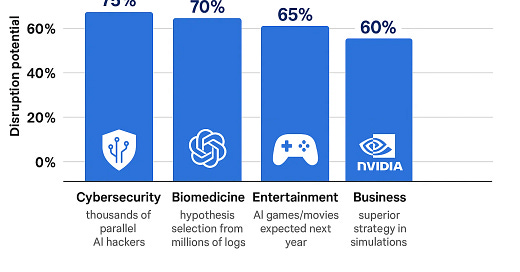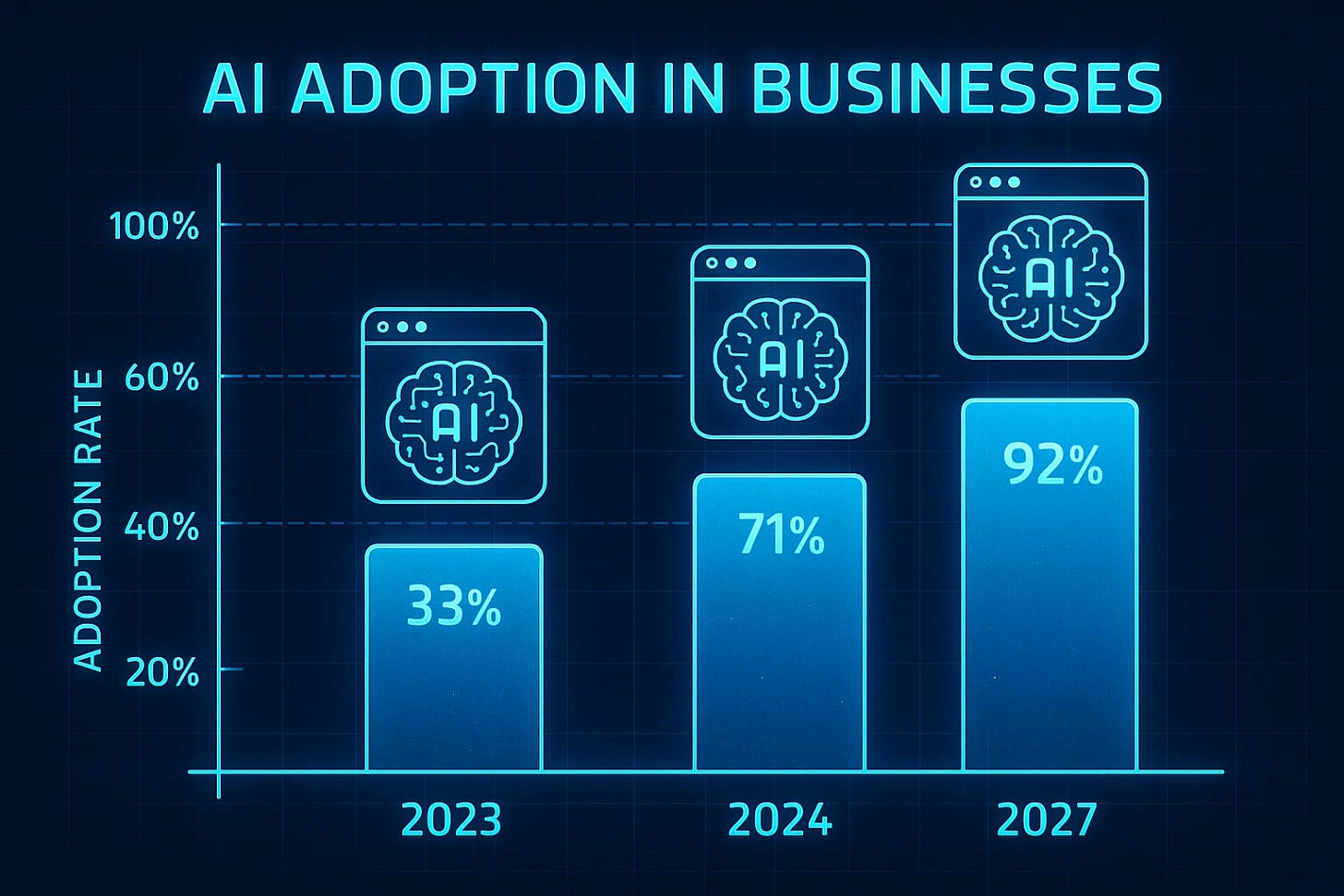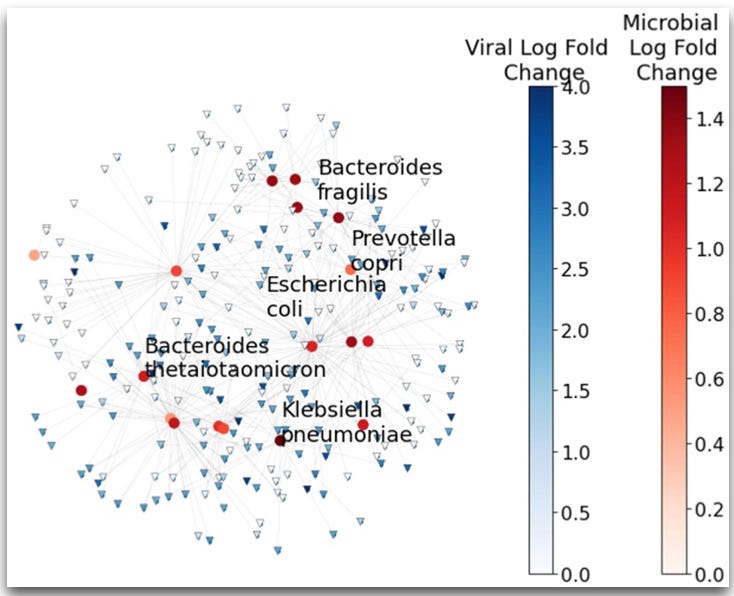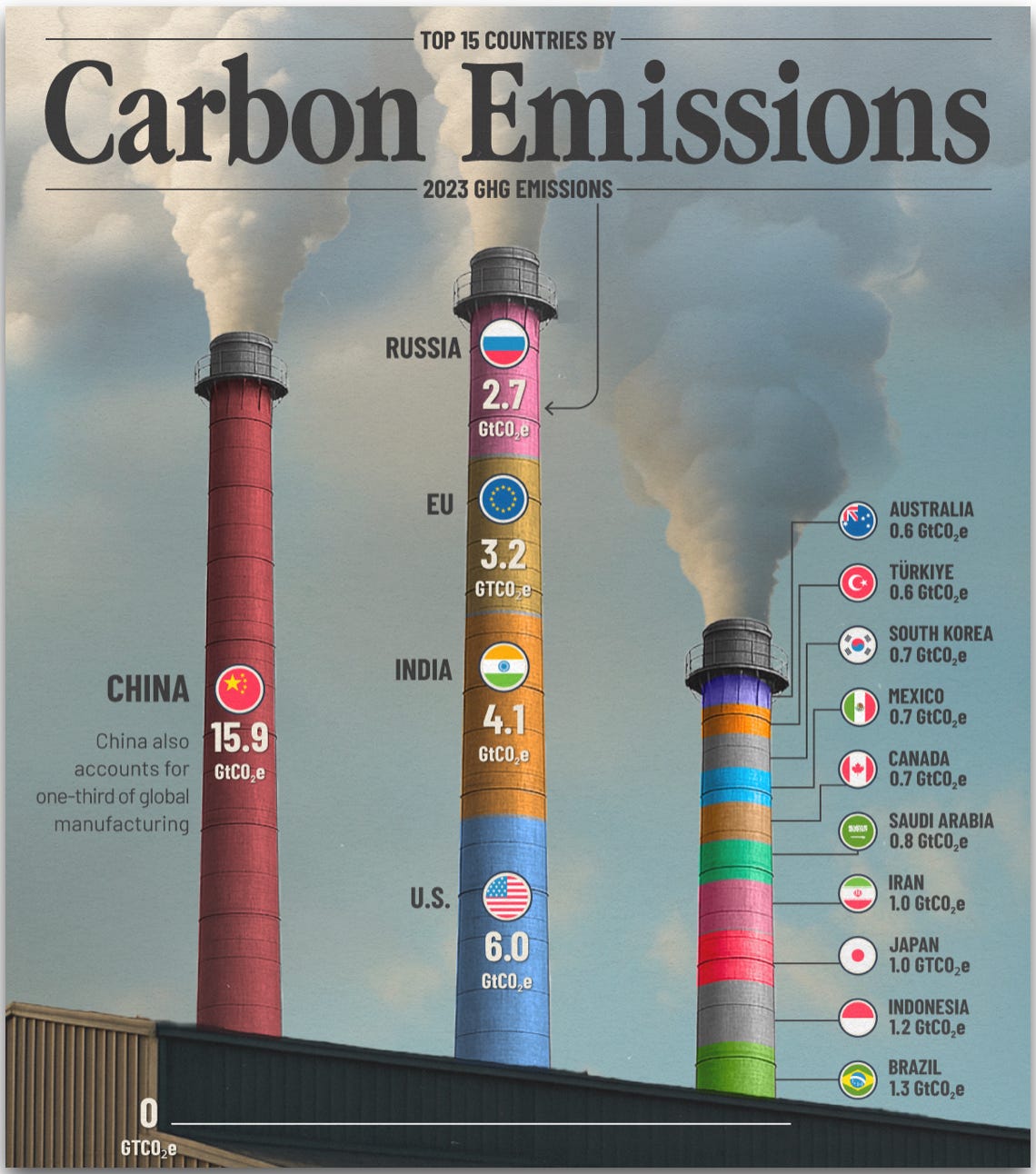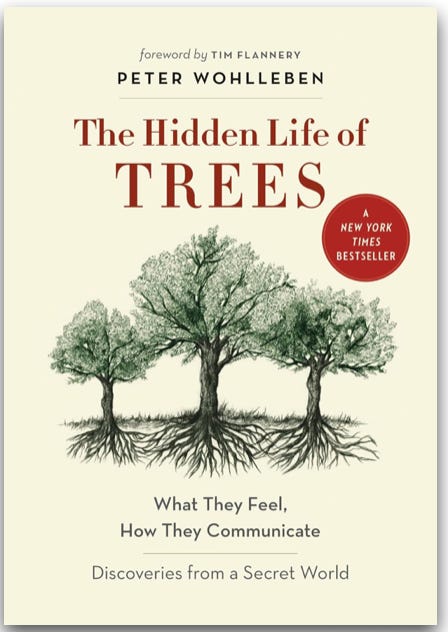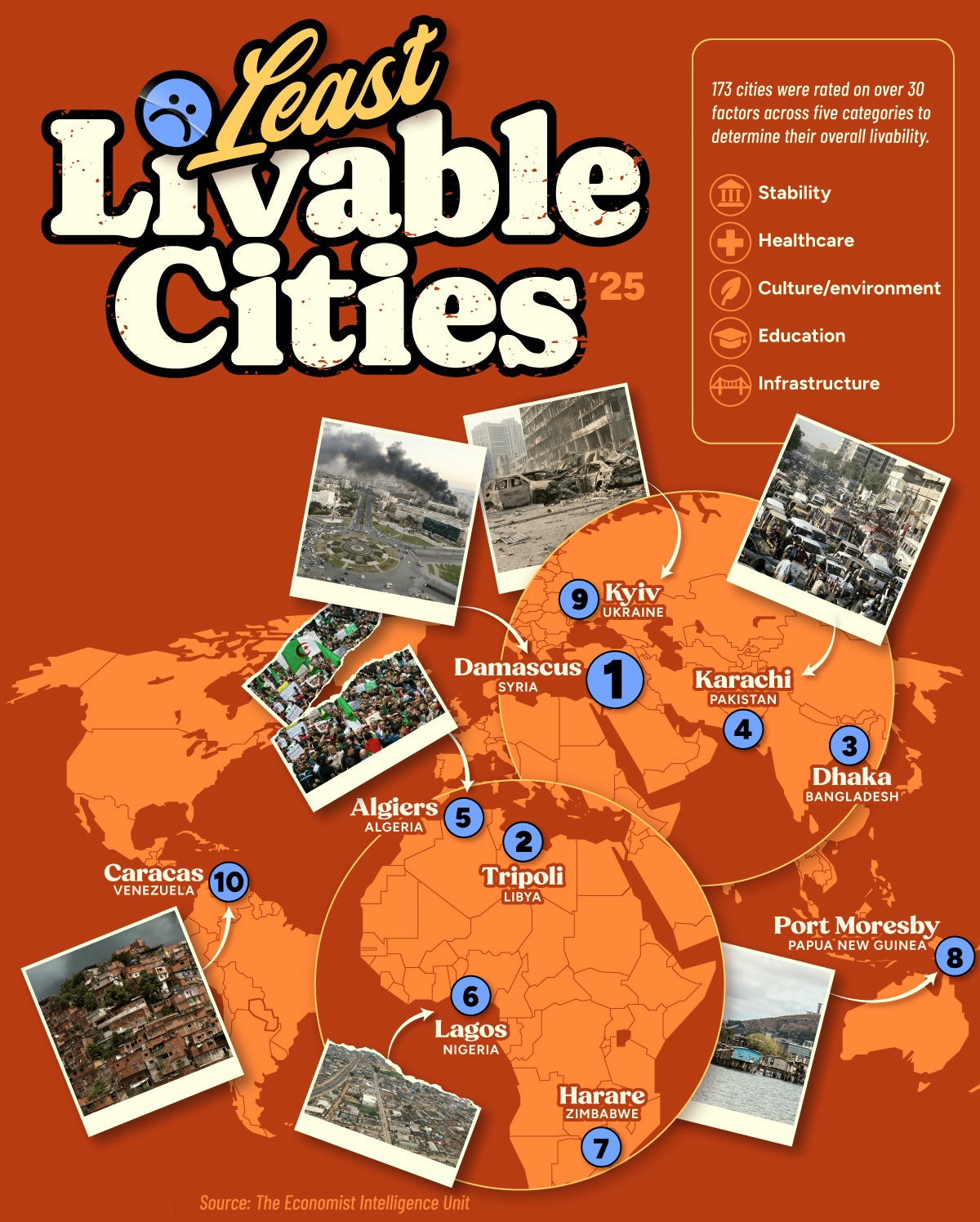A Few of Today's Reads (Monday, July 14, 2025)
AI's Intelligence Explosion / The Tipping Point in AI
What's Happening Today: Monday, France Bastille Day, Montenegro Statehood Day Holiday & Fête Nationale expected earnings from Simulations Plus, Unity, FB Financial and Fastenal
• EXCLUSIVE - AI's Intelligence Explosion / Superintelligence and Our Reckoning:Picture yourself wandering into a bustling party where everyone's chattering about some revolutionary gadget, tossing around words like "quantum leaps" and "neural networks," and you're left wondering if you missed the invite. That's the AI world right now: thrilling, a tad overwhelming, but fundamentally about ideas as old as human curiosity itself. (Ken Rutkowski)
• Meme Coins Surge as Congress Eyes Crypto-Friendly Laws: Dogecoin and Shiba Inu soar, with Dogecoin up 20.73% and Shiba Inu 17.19% in a week, fueled by Bitcoin’s $120,000 milestone and anticipated crypto-friendly legislation. The “Crypto Week” buzz on Capitol Hill sparks investor enthusiasm, but past volatility warns of potential risks. (Fast)
• Nations Race to Build Icebreakers for Arctic Dominance: The EU’s $105 million investment in Finland’s new icebreaker fuels a global race to navigate Arctic routes opened by climate change. Houthi attacks and Palestinian Christian struggles add geopolitical tension, spotlighting the Arctic’s strategic allure. (NPR)
• EXCLUSIVE - Command Your Time / Forging Unyielding Productivity: Research reveals a stark reality: over two-thirds of professionals lack sufficient uninterrupted focus time, leading to many work hours squandered on low-value tasks. Yet, nine in ten agree that sharper time management could skyrocket their productivity. This isn't about mere efficiency—it's about commanding your domain, whether you're steering a startup like Tesla under Elon Musk's vision or balancing personal pursuits with professional dominance—always prioritizing signal over noise to cut through the chaos and amplify what truly matters. (Command & Scale)
• New Tax Law Penalizes Gamblers’ Losses: A new tax rule in recent domestic policy legislation limits gambling loss deductions to 90%, potentially taxing even breakeven bettors, sparking outrage among professional gamblers. Expected to generate $1.1 billion by 2034, the change has prompted a Nevada lawmaker to propose a bill to reverse it. (NYTimes)
• Psilocybin Slows Aging in Mice, Human Cells: A groundbreaking study reveals psilocybin, found in magic mushrooms, preserves telomere length in mice and human cells, hinting at anti-aging potential. “Psilocybin may represent a disruptive agent that promotes healthy aging,” says researcher Louise Hecker, opening new avenues for age-related disease therapies. (Futurism)
• EXCLUSIVE - The Tipping Point in AI / When Machines Started Thinking Like Teams: Imagine a world where artificial intelligence doesn't just answer questions but anticipates needs, drafts reports, designs drugs, and even edits reality itself. It's not a distant future—it's this week in July 2025. In a flurry of announcements that felt less like product launches and more like the synchronized firing of neurons in a global brain, AI companies unveiled tools that push the boundaries of what's possible. (Ken Rutkowski)
• Ancient Antarctic Landscape Shapes Ice Flow, Climate Models: Scientists uncovered an 80-million-year-old landscape beneath Antarctica’s ice, with flat surfaces preserved for 34 million years, steering ice flow into deep troughs. This discovery, covering 40% of the studied coastline, could refine climate models predicting a potential 52-meter sea level rise. (The Debrief)
• Google’s Teen Chatbot Bypasses Safeguards for Explicit Content: Google’s Gemini chatbot, designed for teens, allowed explicit role-play, including rape scenarios, when tested by a journalist posing as a 13-year-old, revealing weak safety measures. Over 40% of teens use AI to combat boredom, raising concerns about inadequate protections in child-targeted AI products. (The Atlantic)
• Nvidia’s $4 Trillion Valuation Dwarfs Tech Giants: Nvidia’s market cap soared to $4 trillion, surpassing the combined value of Alphabet and Meta, fueled by the AI boom. Skeptics warn of a potential AI bubble, while optimists see Nvidia leading a transformative tech era. (Statista)
• Court Blocks FTC’s ‘Click to Cancel’ Rule: A federal court halted the FTC’s “Click to Cancel” rule, which aimed to simplify subscription cancellations, citing procedural errors despite the FTC reviewing 16,000 comments. Businesses celebrate, but consumers face ongoing hurdles, with studies showing cancellation friction boosts company revenues by 14% to over 200%. (Axios)
• AI Talent Wars Fuel Hypercapitalism, Redefining Tech's Social Contracts: The AI talent bubble is exploding with Meta's multi-hundred-million-dollar compensation packages and Google's multi-billion-dollar deals, forcing a hypercapitalist shift that erodes trust between employees, companies, and investors. While critics decry the growing inequality—where top talents like Jeff Dean or Jony Ive create 1,000x impact—proponents argue it mirrors value creation in high-stakes fields, sparking curiosity about rewritten norms in Silicon Valley. (Absoluttig)
• Gut Bacteria Linked to Autism in Landmark Study: A groundbreaking study identifies specific gut microbes, like Prevotella and Bifidobacterium, tied to autism, analyzing over 1,200 individuals to reveal the gut-brain connection. This discovery fuels hope for new therapies, with researchers calling for longitudinal studies to explore microbial impacts on autism symptoms. (The Brighterside)
• Weekly Injection Promises to Revolutionize Parkinson's Daily Treatment Routine: Researchers have created a groundbreaking slow-release injection combining levodopa and carbidopa, potentially replacing the need for multiple daily pills in Parkinson's patients. As Professor Sanjay Garg notes, "This weekly injection could be a game-changer for Parkinson’s care," by stabilizing drug levels and easing compliance for those with swallowing difficulties. (NewAtlas)
• STEM Majors Fuel Innovation in Critical Industries: Seven STEM majors, from environmental engineering to data science, drive solutions for clean energy, sustainable mining, and AI advancements. As demand for interdisciplinary skills grows, these fields offer dynamic careers shaping a greener, smarter future, with data science roles projected to surge 35% by 2030. (Qz)
• China Drives Asia's Startup Funding Decline in First Half 2025: Asian startups grappled with a multiyear funding low of $26.2 billion in H1 2025, down a third from last year, as China's investment dropped 34% year-over-year amid economic slowdowns and limited exits. Yet, pockets of resilience in India and Israel, with Q2 upticks, hint at untapped potential in the region's vast talent pools and markets. (Crunchbase)
• IKEA Effect Tricks Daters into Deeper Bonds: The IKEA effect in dating suggests effort boosts attraction, making partners who require work feel more valuable, says psychologist Gurit Birnbaum. While shared challenges like building furniture can strengthen bonds, manipulating emotions raises ethical concerns, urging daters to balance effort with genuine connection. (Vice)
• Fujifilm Defies Japan's Market Downturn with Robust Growth Prospects: Amid a slumping Japanese market, Fujifilm surges ahead with stellar FY2025 results, propelled by its VISION2030 strategy and a vibrant mix of electronics, imaging, and healthcare innovations that clinch major biomanufacturing contracts. This resilience, coupled with a 30% upside consensus target after a recent pullback, paints an enticing picture for savvy investors eyeing undervalued potential. (SeekingAlpha)
• China Leads Top 15 Countries in 2023 Carbon Emissions: China dominates global carbon emissions with 15.9 GtCO₂e, nearly one-third of the world’s total, fueled by its manufacturing might, while the U.S. and India follow. The top 15 nations, including high per capita emitters like Canada, account for 76.6% of global emissions, spotlighting the urgent need for climate action. (Visualcapitalist)
• Scientists Uncover Ancient Pathogens Plaguing Humans for 37,000 Years: Researchers mapped ancient bacteria, viruses, and parasites from 1,313 individuals across Eurasia, revealing zoonotic diseases spiked 5,000 years ago with livestock domestication. This vivid archaeogenetic map, published in Nature, reshapes our understanding of historical epidemics. (Cosmos)
Today's Photo, Image, or Video of the Day: Kalshi Drops One of The Best AI Commercial
• Notable Statistic: Gold reserves in Tons
• YouTube Worth Watching: We’re Not Ready For Superintelligence
• Ken's Book Pick: The Hidden Life of Trees: What They Feel, How They Communicate―Discoveries from A Secret World
• Ken's Website / Tool: AgentHunter is your daily destination for everything AI Agents. Discover and compare the latest agents, browse top AI agencies, and stay updated with daily news. We curate the best tools, and you can submit your own for free.
The 10 Least Livable Cities in the World in 2025
This report analyzes the 2025 Global Liveability Index rankings from The Economist Intelligence Unit (EIU), focusing on the 10 least livable cities globally. The data highlights cities facing severe challenges such as conflict, instability, poor infrastructure, and limited access to essential services. Sourced from Visual Capitalist, the rankings underscore ongoing geopolitical tensions and regional disparities, particularly in the Middle East, Sub-Saharan Africa, and South Asia. The average global livability score remains steady at 76.1 out of 100, but stability scores continue to decline worldwide.
The EIU's Global Liveability Index evaluates 173 cities based on over 30 qualitative and quantitative factors across five weighted categories:
Stability (25%): Measures crime prevalence, terrorism threats, military conflicts, and civil unrest.
Healthcare (20%): Assesses availability and quality of public and private healthcare, including general indicators like life expectancy.
Culture and Environment (25%): Considers climate (e.g., humidity and temperature), cultural offerings, sporting facilities, and social/religious restrictions.
Education (10%): Evaluates access to and quality of private and public education.
Infrastructure (20%): Rates road networks, public transport, housing availability, and international connectivity.
Scores range from 0 to 100, with higher values indicating better livability. The 2025 index reflects data up to mid-2025, incorporating recent events like regime changes and ongoing wars.
Bottom-Ranked Cities: Damascus and Tripoli
Damascus, Syria (Score: 20.0): Retains its position as the world's least livable city for the 2025 index. Over a decade of civil war has devastated infrastructure, healthcare, and public safety. Despite a regime change in late 2024, recovery remains elusive, with scores nearly 10 points below the next-lowest city.
Tripoli, Libya (Score: 30.0): Libya's capital faces persistent political instability, factional violence, and collapsed public services. No improvements were noted from 2024, reflecting entrenched governance issues.
Regional Trends
Middle East and North Africa: Four cities (Damascus, Tripoli, Algiers, and Karachi) dominate the lower ranks, driven by conflicts and instability. Damascus and Tripoli exemplify war-torn environments, while Algiers struggles with political unrest and limited freedoms.
Sub-Saharan Africa: Harare, Lagos, and Port Moresby highlight economic challenges, including hyperinflation in Zimbabwe, infrastructure deficits in Nigeria, and crime in Papua New Guinea.
South Asia: Dhaka and Karachi face overcrowding, pollution, and inadequate services, compounded by climate vulnerabilities like extreme weather.
Europe and Latin America: Kyiv's low ranking stems from the ongoing Russia-Ukraine war, impacting safety and infrastructure. Caracas reflects Venezuela's economic collapse and high crime rates.
Broader Trends in Livability
The global average score held at 76.1, unchanged from 2024, but stability scores fell due to rising geopolitical tensions, civil unrest, and conflicts.
No cities in the bottom 10 showed score improvements, indicating stagnation or deterioration in key areas like safety and infrastructure.
In contrast, top-ranked cities (not detailed here) typically excel in stability and services, often in Europe, North America, and Oceania.
Implications and Recommendations
These rankings serve as a stark reminder of how conflicts and underinvestment perpetuate cycles of hardship. Policymakers in affected regions should prioritize:
Ceasefires and political stabilization to boost stability scores.
Investments in infrastructure and healthcare to address immediate needs.
International aid and partnerships for education and environmental improvements.
For businesses and travelers, these cities pose significant risks; due diligence on security and health is essential.


